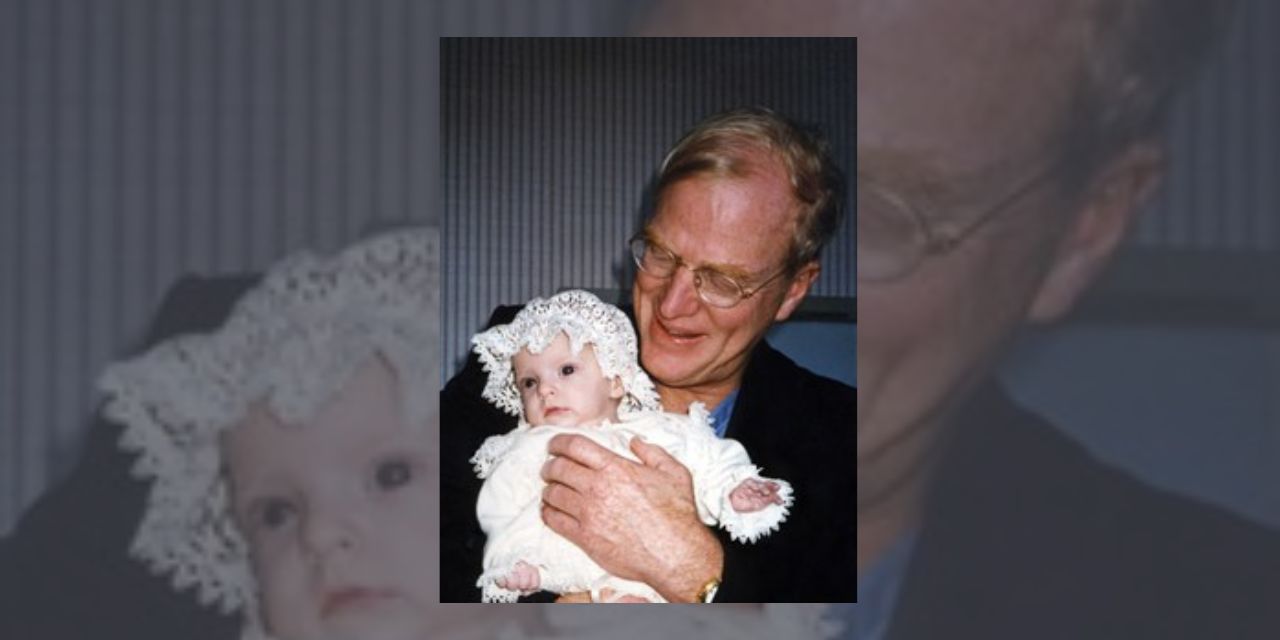Growing up in the Pacific Northwest, Michael Harrison, M.D., also known as the “Father of Fetal Surgery,” would often accompany his father, a small-town country doctor, on house calls.
“We’d sit in the car and wait for him,” he said from his San Francisco home on Tuesday, where he and his wife, Gretchen, have spent the last forty years of their lives. Now eighty years-old, Dr. Harrison is Director Emeritus of the Fetal Treatment Center, and Professor Emeritus of Surgery, Pediatrics, Obstetrics, Gynecology and Reproductive Sciences out of the University of California San Francisco (UCSF).
It’s been forty-two years since Michael Harrison made world headlines by performing the first fetal surgery, i.e., an operation on a preborn baby still in his mother’s womb.
At the time, Dr. Harrison called it “a first small step on the way to bigger things.” He wasn’t kidding. For the next three decades, he and his team would establish the UCSF Fetal Treatment Center. Tens of thousands of parents would travel to California from all over the world in the hope of finding help for their preborn children suffering from various adverse and often potentially fatal conditions.
Like many pioneers, Dr. Michael Harrison’s journey from childhood to medical royalty was uneven, uncertain, and surely unpredictable. Even Michael himself didn’t start out to become a doctor at all, let alone a world-famous surgeon whose mind and hands have been used by God countless times to help preserve and sustain fragile preborn life.
It’s impossible and inevitably incomplete to boil down a successful career to a few simple steps, but in talking with Dr. Harrison about his journey, here are three lessons he learned – and that can apply to various careers and callings:
- Beware the crowd you keep: When Michael Harrison left Washington state to attend Yale for his undergraduate studies, he had no idea what kind of environment he was stepping into. But he immediately connected with like-minded young people, all of whom inspired and encouraged him to reach for things beyond his grasp.
We become like who we spend the most time with.
- Accept the hardest, most difficult challenges available to you: Originally thinking he’d like to follow in his father’s footsteps and become a country doctor after being accepted to Harvard Medical School, Harrison liked the idea of pursuing surgery as a specialty because it was hard and would stretch him. This decision proved pivotal, as it was during his surgical internship that he stumbled upon the idea of operating on babies in the womb.
- Don’t be intimidated by what you don’t know: Harrison’s idea for fetal surgery came after he and his team lost a newborn child whose lungs were insufficiently developed due to a birth defect. It occurred to him that the child didn’t die because the surgery post-birth didn’t go well. The child died because nothing could be done for the condition while the child was in the womb.
Dr. Harrison proposed the idea to his colleagues, all of whom dismissed it out of hand. He said, “Why not? Let’s try.” They eventually experimented operating on over 1,000 sheep and 100 monkeys before attempting the first operation on a preborn baby
The Skinner family named their son, the first child born following Harrison’s pioneering surgery, after him.
Professionally, Dr. Harrison says hearing from so many of the countless families and individuals he operated on over the years is “the absolute best” – but looking back on his life and career, he says he’s most proud of being a father to he and his wife’s four boys.
As he has throughout his long and successful career, Dr. Michael Harrison is a man who lives with well-ordered priorities.
Photo from University of California San Francisco.






